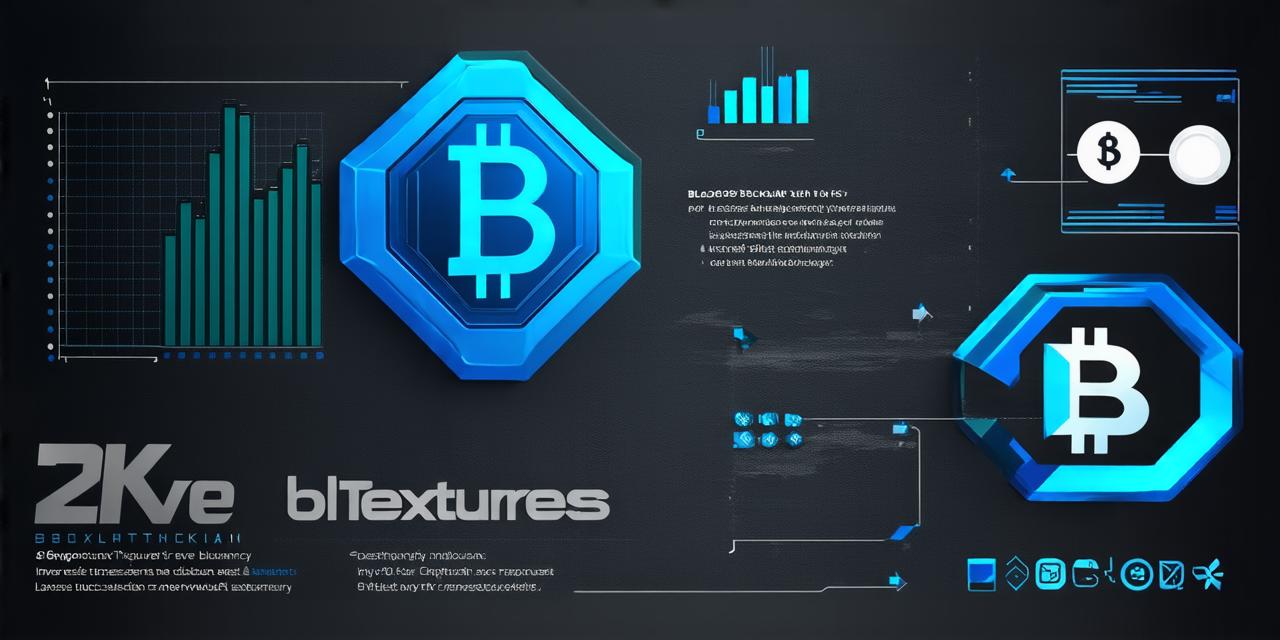Blockchain smart contracts are self-executing agreements that are written in code and stored on a blockchain network. These smart contracts can automate many of the tasks typically performed by intermediaries, such as banks or notaries, and can be used for a wide range of applications, from supply chain management to digital identity verification.
In this article, we will explore how blockchain smart contracts work, including their key features, benefits, and drawbacks. We will also provide real-life examples and case studies to help you understand how these powerful tools can be used in practice.
Key Features of Blockchain Smart Contracts
Blockchain smart contracts have several key features that set them apart from traditional contracts:
- Decentralization: Smart contracts are stored on a blockchain network, which means they are decentralized and not controlled by any single entity or organization. This allows for greater transparency and security, as all parties involved in the contract can access and verify its terms.
- Self-execution: Once a smart contract has been written and deployed on the blockchain, it can automatically execute its terms when certain conditions are met. This eliminates the need for intermediaries and speeds up the process of contract execution.
- Immutability: Smart contracts are immutable, meaning they cannot be altered once they have been deployed on the blockchain. This provides a high level of security and ensures that all parties involved in the contract agree to its terms.
- Programmable: Smart contracts can be programmed using a variety of programming languages, including Solidity (the most commonly used language for Ethereum smart contracts). This allows developers to create customized smart contracts that meet their specific needs.
Benefits of Blockchain Smart Contracts
Blockchain smart contracts offer many benefits compared to traditional contracts:

- Increased efficiency: Smart contracts can automate many of the tasks typically performed by intermediaries, such as verification and execution, which can significantly speed up the contract process.
- Reduced costs: By eliminating intermediaries, smart contracts can reduce transaction costs and increase the speed and efficiency of contract execution.
- Improved security: Smart contracts are stored on a blockchain network, which provides a high level of security and transparency. This reduces the risk of fraud and errors and ensures that all parties involved in the contract agree to its terms.
- Enhanced trust: By removing intermediaries from the contract process, smart contracts can increase trust between parties and reduce the need for lengthy negotiation processes.
Real-Life Examples of Blockchain Smart Contracts
There are many real-life examples of blockchain smart contracts being used in a variety of industries:
- Supply Chain Management: Blockchain smart contracts can be used to track the movement of goods through a supply chain, from production to delivery. This provides greater transparency and traceability, which can help reduce costs and improve efficiency.
- Digital Identity Verification: Smart contracts can be used to verify the identity of individuals or organizations in a secure and decentralized way. This can reduce the need for intermediaries and increase the speed and efficiency of identity verification processes.
- Voting Systems: Blockchain smart contracts can be used to create secure and transparent voting systems that are resistant to tampering and fraud. This can help improve the integrity of elections and increase trust in the democratic process.
- Real Estate Transactions: Smart contracts can be used to automate many aspects of real estate transactions, including property transfer and title registration. This can reduce transaction costs and increase the efficiency of the real estate market.



